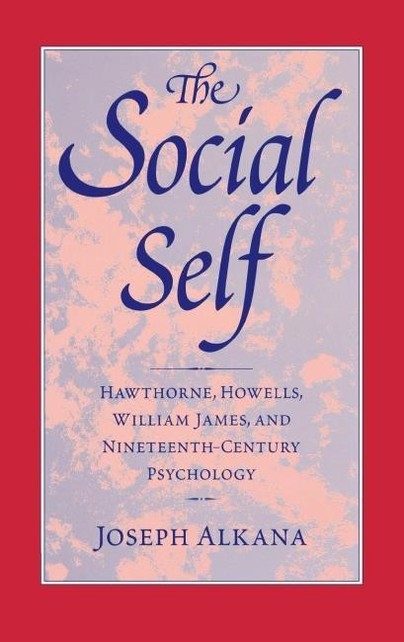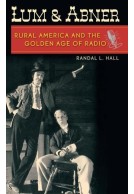The Social Self (Hardback)
Hawthorne, Howells, William James, and Nineteenth-Century Psychology
Imprint: University Press of Kentucky
Pages: 176
ISBN: 9780813119717
Published: 21st November 1996
Script Academic & Professional
Pages: 176
ISBN: 9780813119717
Published: 21st November 1996
Script Academic & Professional
This book will be reprinted and your order will be released in due course.
You'll be £32.00 closer to your next £10.00 credit when you purchase The Social Self. What's this?
+£4.99 UK Delivery or free UK delivery if order is over £40
(click here for international delivery rates)
Order within the next 1 hour, 23 minutes to get your order processed the next working day!
Need a currency converter? Check XE.com for live rates
(click here for international delivery rates)
Order within the next 1 hour, 23 minutes to get your order processed the next working day!
Need a currency converter? Check XE.com for live rates
American literary history of the nineteenth-century as a conflict between individualistic writers and a conformist society. In The Social Self, Joseph Alkana argues that such a dichotomy misrepresents the views of many authors.
Sudden changes caused by the industrial revolution, urban development, increased immigration, and regional conflicts were threatening to fragment the community, and such writers as Nathaniel Hawthorne, William James, and William Dean Howells were deeply concerned about social cohesion. Alkana persuasively reintroduces Common Sense philosophy and Jamesian psychology as ways to understand how the nineteenth-century self/society dilemma developed.
All three writers believed that introspection was the proper path to the discovery of truth. They also felt, Alkana argues, that such discoveries had to be validated by society. In these sophisticated readings of Hawthorne's short stories and The Scarlet Letter, Howells's utopian Altrurian romances, and James's The Principles of Psychology, it becomes obvious that characters who isolate themselves from the community do so at considerable psychological risk.
The Social Self links these writers' interest in contemporary psychology to their concern for history and society. Alkana's argument that nineteenth-century expressions of individualism were defensive responses to the fear of social chaos radically revises the traditional narrative of American literary culture.
Other titles in University Press of Kentucky...















